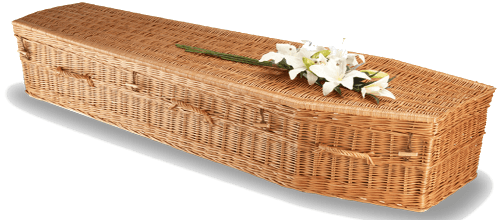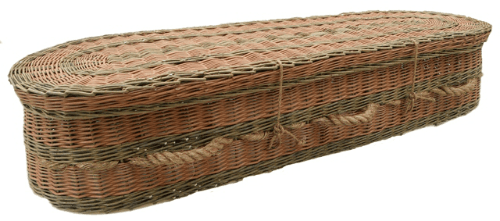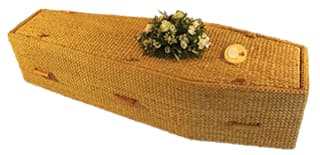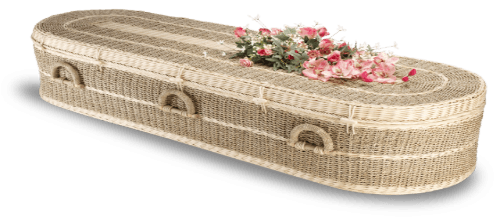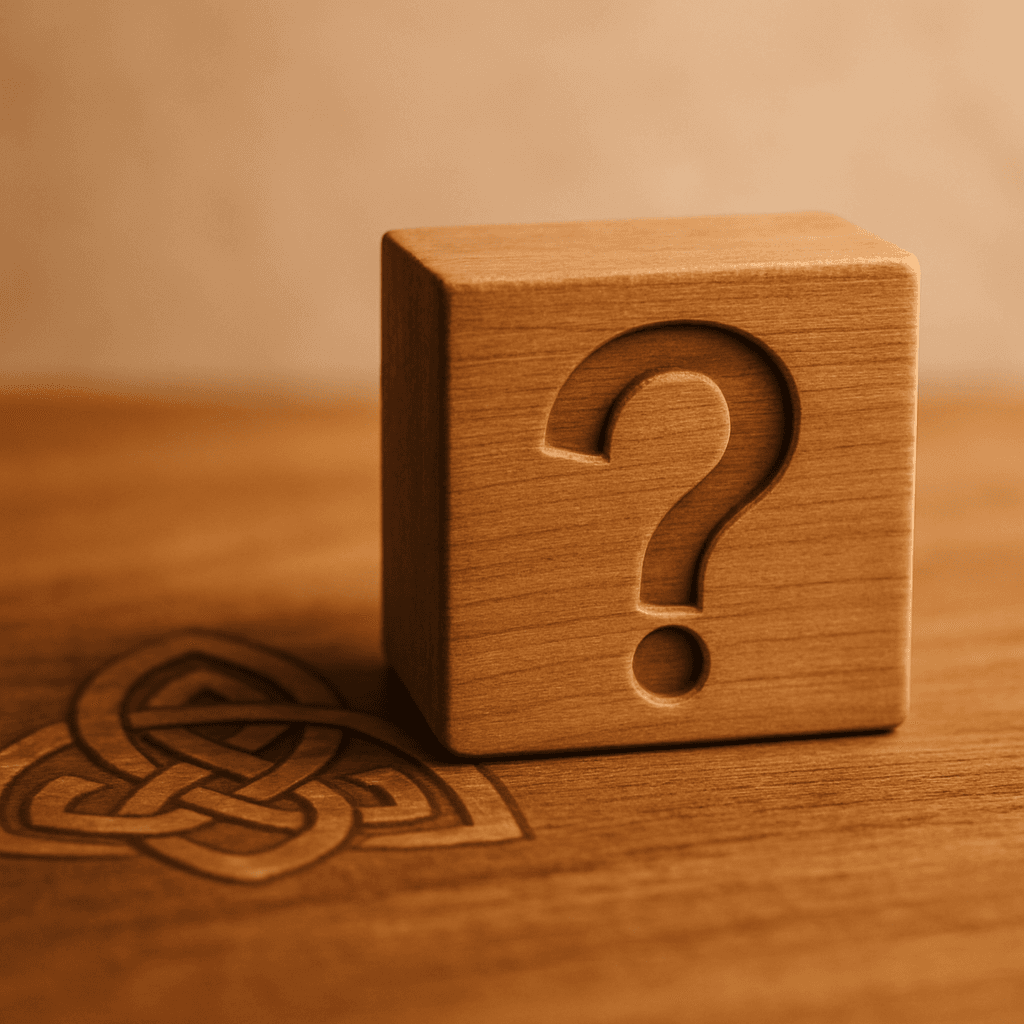Where an individual or family would prefer a green or eco-funeral we are on hand to help. We use our experience to support and advise on the best way to honour your wishes.
All eco-friendly coffins we stock are made in Donegal from sustainable, recycled or waste materials. They avoid varnishes, plastics or metals and are lined with natural fabrics.

